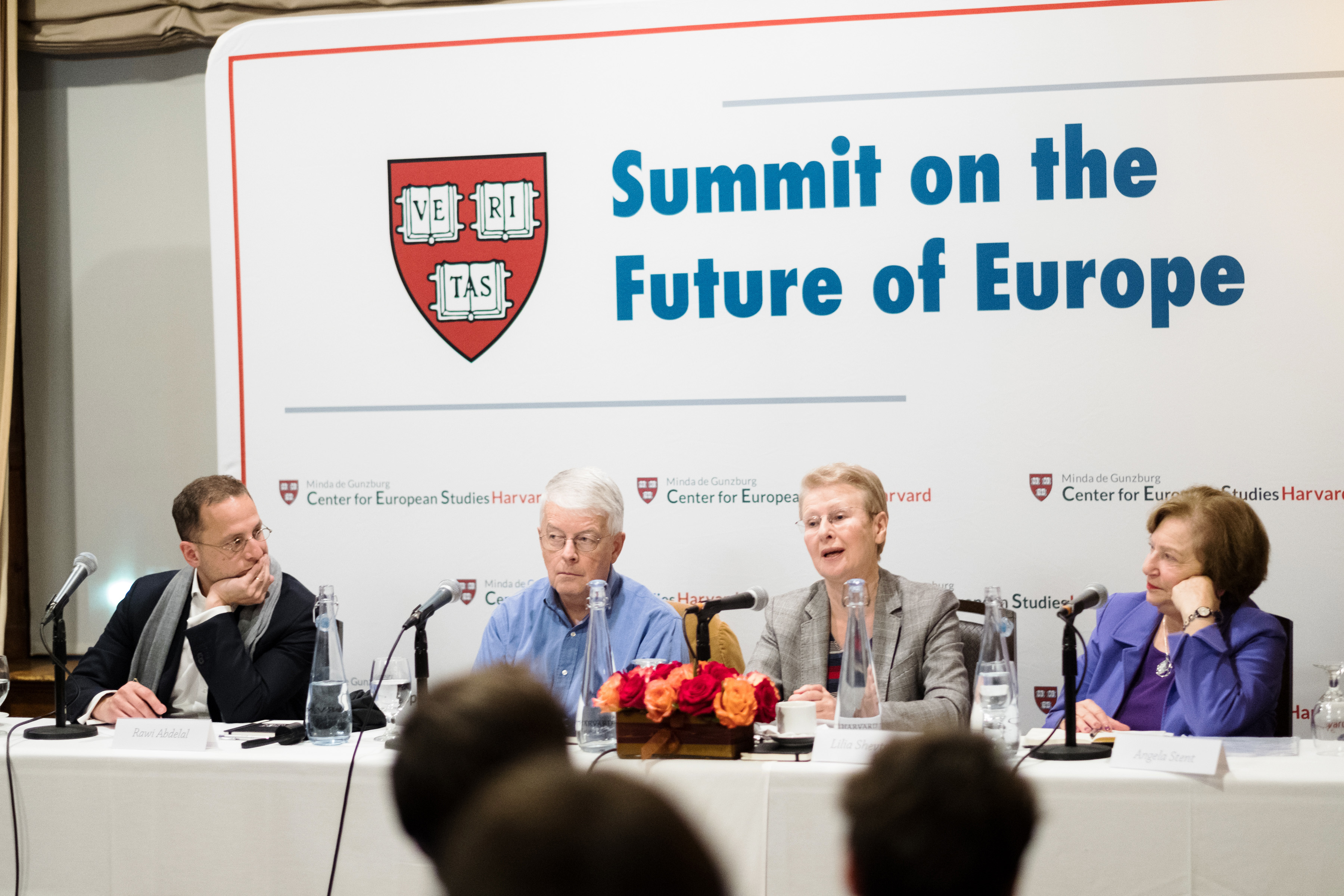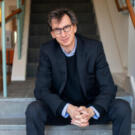
Each year, CES hosts several conferences that convene leading academics, policymakers, and doctoral students with an interest in European history, politics, economics, and transatlantic relations.

Each year, CES hosts several conferences that convene leading academics, policymakers, and doctoral students with an interest in European history, politics, economics, and transatlantic relations.
 Conference | Balancing Majority and Minority Rights – The Dilemma of Majority-Constraining Institutions in an Age of Democratic Backsliding
Conference | Balancing Majority and Minority Rights – The Dilemma of Majority-Constraining Institutions in an Age of Democratic Backsliding
When are constraints on majorities justifiable from a democratic point of view? Which institutions are, and which, not? And what are the consequences of different types of constraints on majorities for the stability and resilience of democracy?
This conference brings together European and American political scientists, legal scholars, and political theorists in a series of panels to discuss the consequences of majority-constraining institutions on democracy. For a full agenda, see below.
 The German American Conference 2024
The German American Conference 2024
The German American Conference (GAC) will take place at Harvard University from November 15-17. It is the largest transatlantic student-led conference of its kind in the United States and provides a unique platform for leaders from academia, business, society, and politics to engage with passionate young minds. For ticket information and the full agenda, see the conference website.
 European Conference 2024 at Harvard Kennedy School
European Conference 2024 at Harvard Kennedy School
Join this two-day, student-led conference at Harvard Kennedy School that brings together political leaders, CEOs, world-class experts and practitioners from across Europe to explore and discuss the challenges facing the continent today.
This year marks the 10th anniversary edition of the conference, which will aim to share perspectives around the theme "The European Dream. 2024: A Continent at the Crossroads."
2024 is a pivotal moment for Europe and the transatlantic relationship. From the European Parliamentary elections to elections at the national level (Austria, Finland, Belgium, Romania) and across the Atlantic, 2024 will be a key moment for democracy and define future European policies around climate change, artificial intelligence, and migration. The European response to the continued war in Ukraine and other major geopolitical challenges will be closely examined. Amid this foreign policy turmoil, the protection of a European way of life is at the heart of heated debates.
This conference is co-sponsored by the Minda de Gunzburg Center for European Studies.
For program details, see here.
This conference will take place from Friday, February 9-Saturday, February 10. View the full agenda and a list of speakers here:
 Flaschenpost: Critical Theory at 100 – The European and American Reception, 1923-2023
Flaschenpost: Critical Theory at 100 – The European and American Reception, 1923-2023
The Institute for Social Research (Institut für Sozialforschung) was founded in Frankfurt a century ago, in 1923. To mark the occasion of its founding and growth over the last one hundred years, the Harvard Colloquium for Intellectual History will convene at the Minda de Gunzburg Center for European Studies at Harvard University, bringing together some of the scholars who have played a major role in the interpretation and transformation of critical theory in both Europe and America.
This two-day conference also marks the 50th year since the initial publication in 1973 of Martin Jay’s The Dialectical Imagination, a book that was crucial to the early reception of Frankfurt School critical theory in North America and beyond.
Please refer the agenda below for a list of discussions and speakers. For those who cannot attend in person, this conference will be livestreamed. Register via the links below to register and attend via Zoom.
This conference will take place from Friday, October 6-Saturday, October, 7. View the full agenda and a list of speakers here: